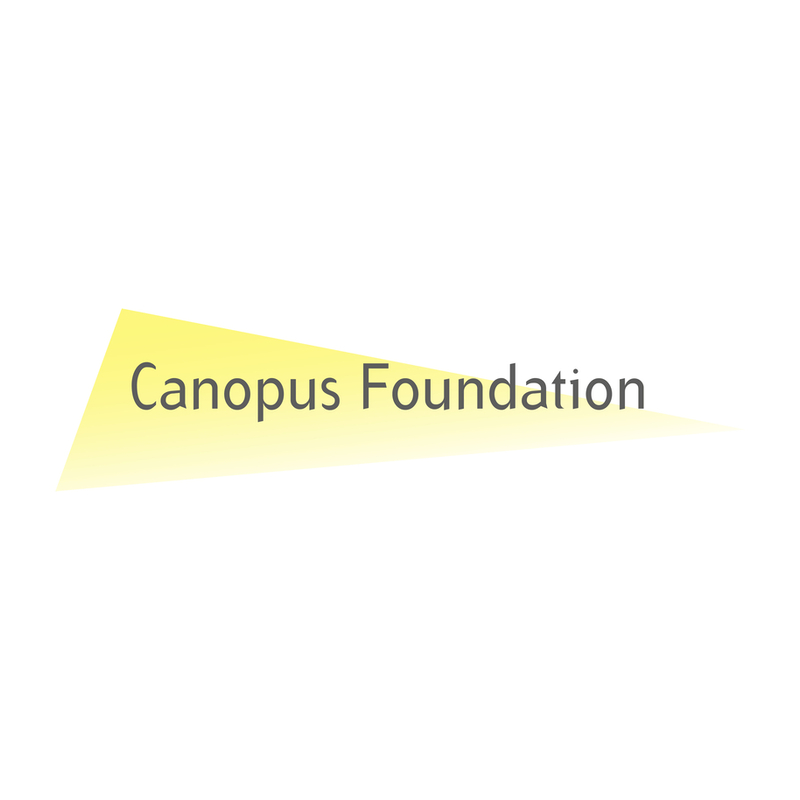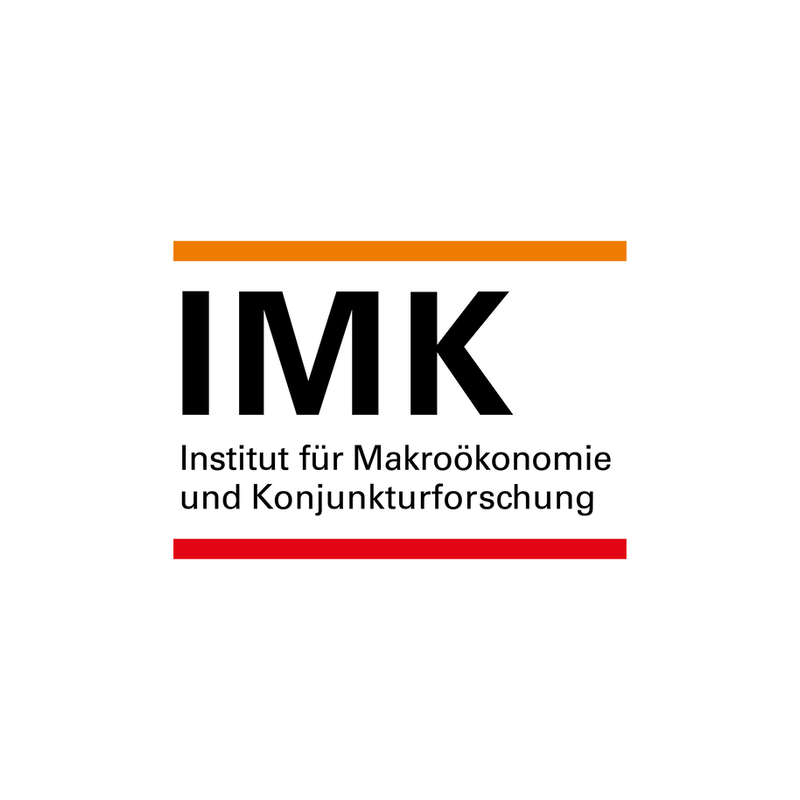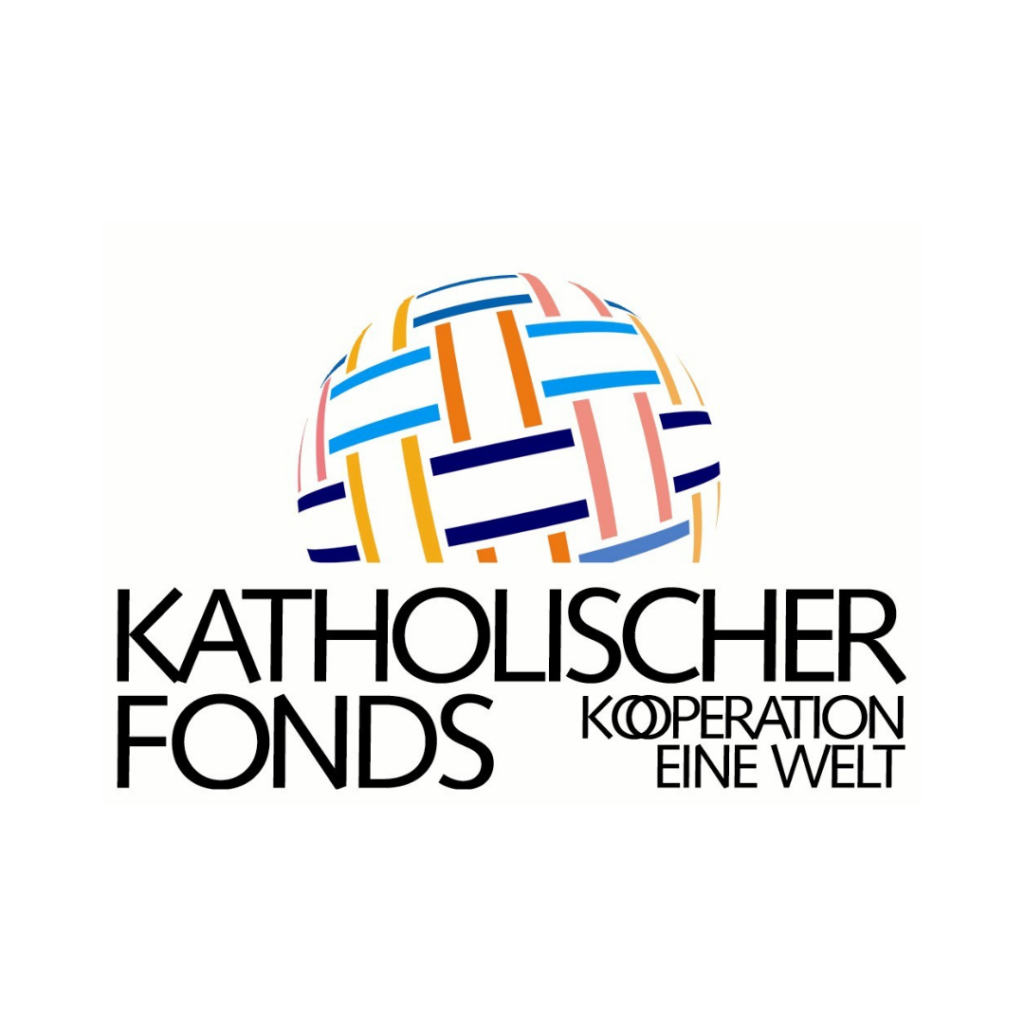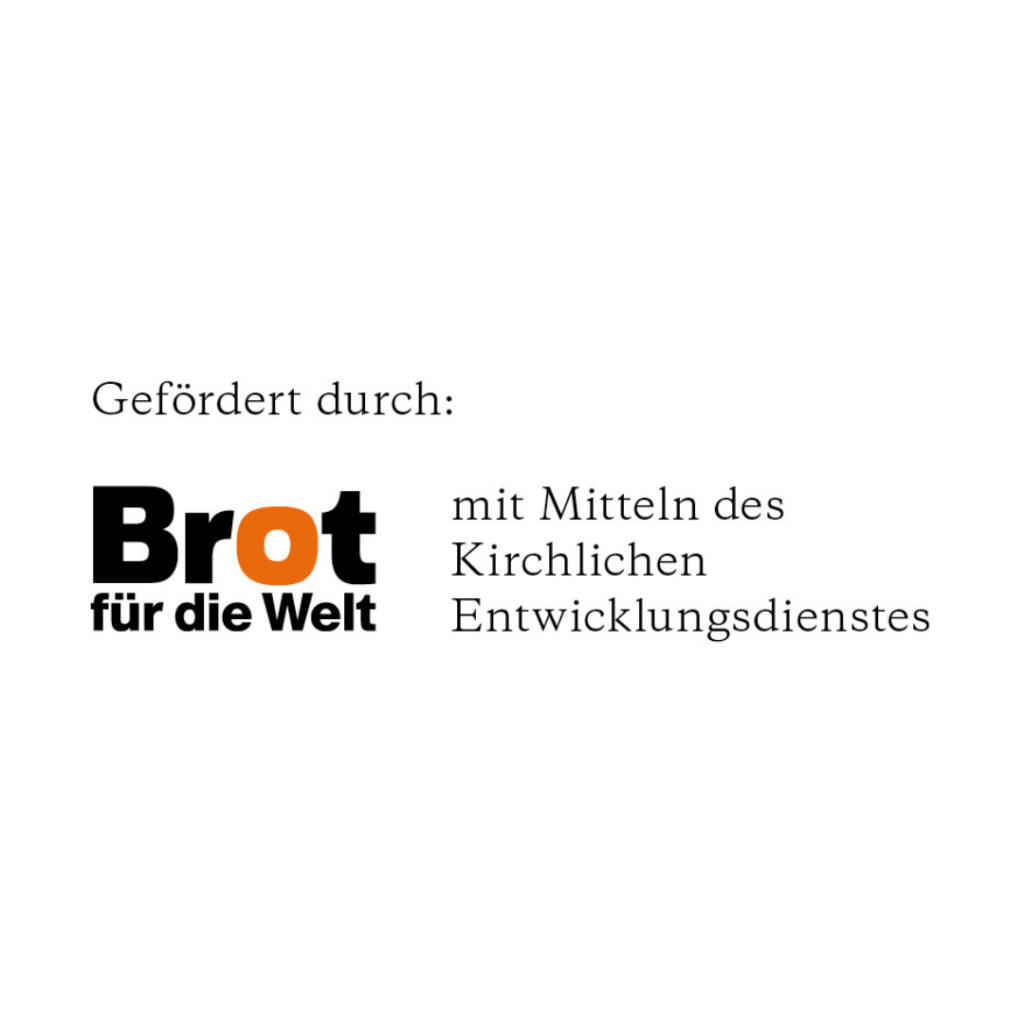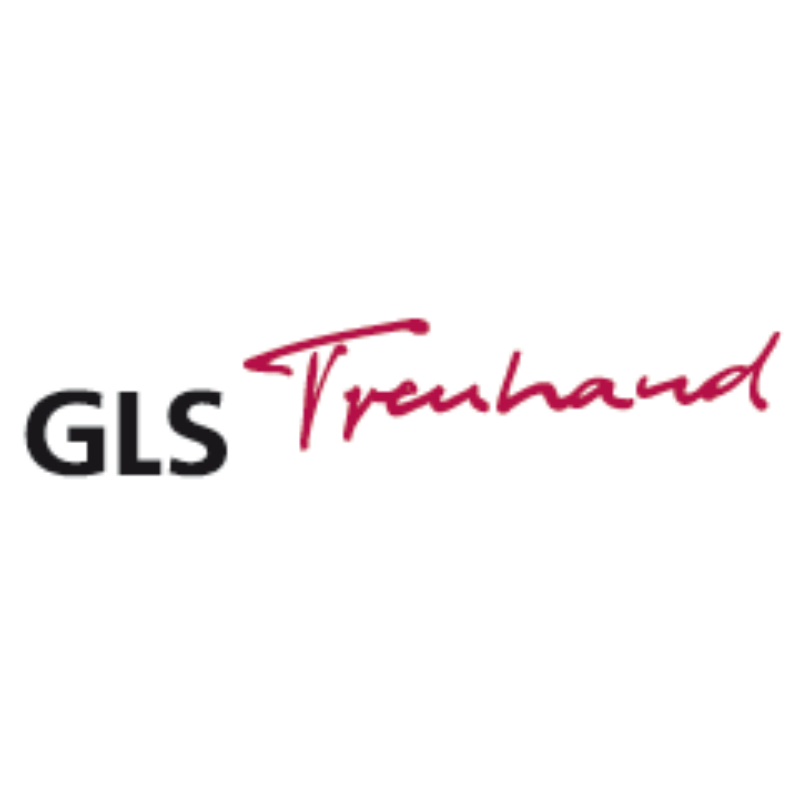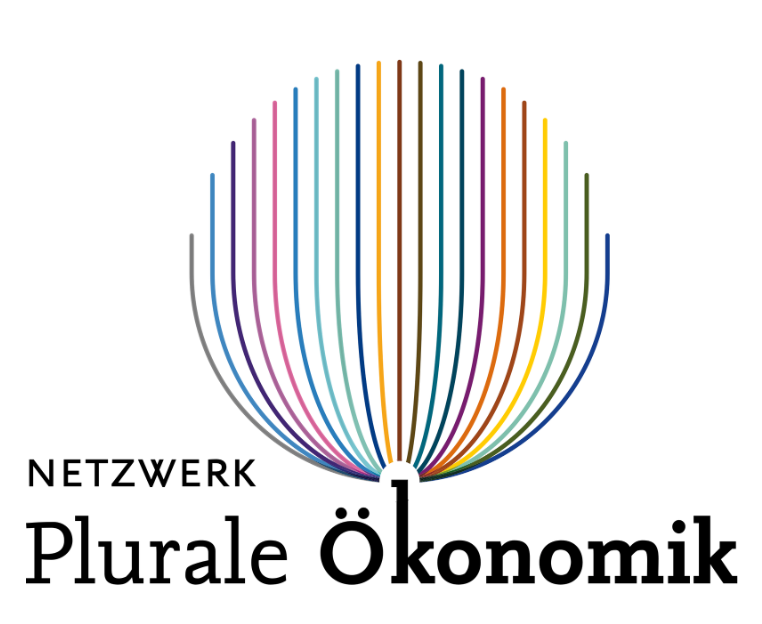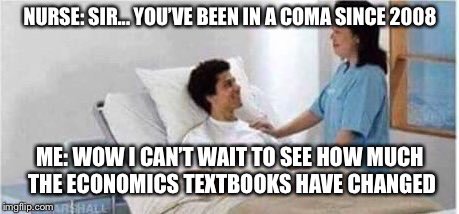
Frequently asked questions
The Pluralist Summer Academy is an event for anyone who believes that economics has more to offer than what’s typically taught in today’s university programs. It’s a space for students, activists (regardless of what stage of your studies you are at) and early-career researchers to explore alternative and heterodox approaches to economics and to engage in discussions about how these perspectives can complement, challenge, or even transform the economic mainstream.
This year’s Summer Academy features 24 workshops led by professors and experts from diverse schools of economic thought. These sessions focus on real-world political and economic issues through the lens of various economic paradigms. Participants will also have the chance to learn more about a number of pluralist-oriented universities in Germany.
In addition to the workshops, we offer a full program of talks, open spaces, and networking opportunities – giving participants plenty of chances to exchange ideas, reflect on their experiences, and connect with others. You’ll even have the chance to get involved in planning the 2026 Summer Academy!
The Summer Academy is an initiative by Netzwerk Plurale Ökonomik e.V., and this year it’s organized in collaboration with researchers and faculty members from several pluralist-leaning universities in Germany. These include the Universities of Siegen, Kassel, Duisburg-Essen, Witten/Herdecke, Hamburg, TU Chemnitz, BTU Cottbus, EU Flensburg, Karlshochschule International University, and the Hochschule für Gesellschaftsgestaltung.
The project is supported by the Canopus Foundation, the IMK of the Hans Böckler Foundation, and the Young Scholars Initiative (YSI) of the Institute for New Economic Thinking.
Over the years, the movement for pluralist economics has grown into a vibrant movement of students and young researchers who are reshaping how economics is discussed both in academia and in the public sphere. Our mission is to foster openness, diversity, and real-world relevance in economic thinking.
The Academy is organized by a volunteer team—many of whom have participated in previous editions or are actively involved in the movement for new economic thinking.
This year’s theme is:
„Diversity in Economic Thought – Exploring Pluralist Approaches and Rethinking Economic Policy for the 21st Century.“
In a world shaped by climate crises, inequality, financial instability, and geopolitical tensions, fresh and inclusive economic thinking is more important than ever. Economic policy plays a critical role in determining how resources are distributed, how crises are managed, and how we build a fair and sustainable future.
Yet mainstream economics often reflects only a narrow set of ideas and tools. That’s why this year’s Academy invites students and early-career researchers to explore a broad range of economic theories, methodologies, and policy approaches.
At the Summer Academy, you’ll go beyond the classroom and dive into how diverse economic perspectives can influence real-world policymaking. Through hands-on workshops, collaborative sessions, and open discussions, you’ll gain critical tools to rethink economic policy and help shape innovative alternatives for today’s complex challenges.
Workshops are the heart of the Summer Academy. Each one focuses on a specific economic issue and offers alternatives to the neoclassical mainstream. Participants can freely choose from 24 workshops, covering topics such as monetary and fiscal policy, feminist economics, postcolonial theory, post-growth, economic sociology, and more.
Each session lasts between 90 and 180 minutes and blends interactive lectures, group work, and individual reflection. Workshops are led by young researchers from partner universities and typically include 15–20 participants.
For detailed information on the topics, visit [this page].
Open Spaces are participant-led sessions where you can present your own research, discuss your interests, or organize activities – from deep discussions to creative breaks. While optional, we highly recommend joining to make the most of your Academy experience. Even if you don’t feel qualified to lead an OpenSpace yourself, you can exchange ideas with others and learn new perspectives!
The Summer Academy runs for one week: Sunday, August 3 to Saturday, August 9.
Location: Alte Nudelfabrik in Zeitz, near Leipzig.
No! The Academy is open to both German and English speakers. Many workshops will be offered in English, and we ensure there’s always at least one English-speaking option available. We’re committed to creating an inclusive and accessible space for everyone.
Not at all. The Academy welcomes students from all disciplines who are curious about economic thinking and real-world challenges.
Alte Nudelfabrik is located at Neue Werkstraße 4, 06712 Zeitz. Zeitz is easily accessible by train (e.g. from Gera or Leipzig) and the venue is just a 6-minute walk from Zeitz train station.
Applications for the Plural Summer Academy 2025 were open from May 15 to June 15. We’ll get back to you by the End of June.
The participation fee is maximum 120€ and covers the following:
- Accommodation (6 nights, August 3–9)
- Meals
- Contributions toward teaching and evening events
We understand that finances can be a barrier, so we offer solidarity pricing for those who need it. Please contact s.johannes@plurale-oekonomik.de for more info.
Note: Travel costs may or may not be covered—we’re still clarifying this.
Check out our overview of pluralist economics programs here:
👉 https://www.plurale-oekonomik.de/plurale-studiengaenge
Reach out to us any time at s.johannes@plurale-oekonomik.de – we’re happy to help!
PLUSA 2025 is made possible by
